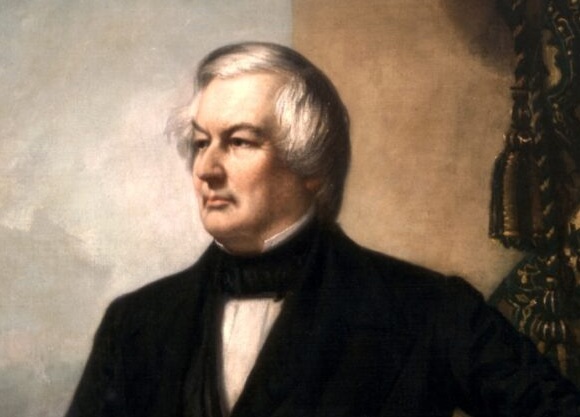Woodrow Wilson’s Guiding Hand: Leading America Through Conflict and Transformation
Introduction
Woodrow Wilson, the 28th President of the United States, played a pivotal role in shaping America’s destiny. His leadership during World War I and his ambitious domestic reforms left an enduring mark on the nation.
The Great War
When the United States entered World War I in 1917, Wilson rallied the nation behind a vision of a "war to end all wars." He mobilized American industry and manpower, expanding the military and implementing conscription. Wilson’s diplomacy helped forge alliances with the Allies and secure a decisive victory. However, his idealistic vision of a League of Nations to prevent future conflicts ultimately proved elusive.
Progressive Reforms
Domestically, Wilson pursued a progressive agenda, enacting landmark reforms that expanded economic and social welfare. The Federal Reserve System was established to regulate the banking industry, while the Clayton Antitrust Act aimed to curb monopolies. Wilson also introduced labor reforms, such as the eight-hour workday and workers’ compensation. His efforts to implement a national health insurance program and a minimum wage, however, were met with resistance.
Wilson’s Legacy: A President of War, Reform, and Internationalism
A Complex Figure
Wilson’s legacy is both celebrated and contested. His wartime leadership and progressive reforms earned him widespread praise, but his failures to achieve international peace and his controversial handling of racial issues tarnish his reputation.
International Visionary
Wilson’s vision of international cooperation and collective security remains influential. The League of Nations, although ultimately unsuccessful, laid the groundwork for future international organizations like the United Nations. His belief in self-determination for nations continues to resonate in the global political landscape.
Domestic Reforms
Wilson’s domestic reforms left a lasting impact on American society. The Federal Reserve System has played a crucial role in stabilizing the economy, while antitrust laws continue to protect consumers from the dominance of corporations. His labor reforms improved working conditions and contributed to the rise of the labor movement.
Summary
Woodrow Wilson’s presidency was marked by both triumph and controversy. His leadership during World War I and his progressive domestic reforms transformed America. His legacy as a wartime leader, reformer, and internationalist continues to shape our understanding of the American presidency and the nation’s role in the world.



